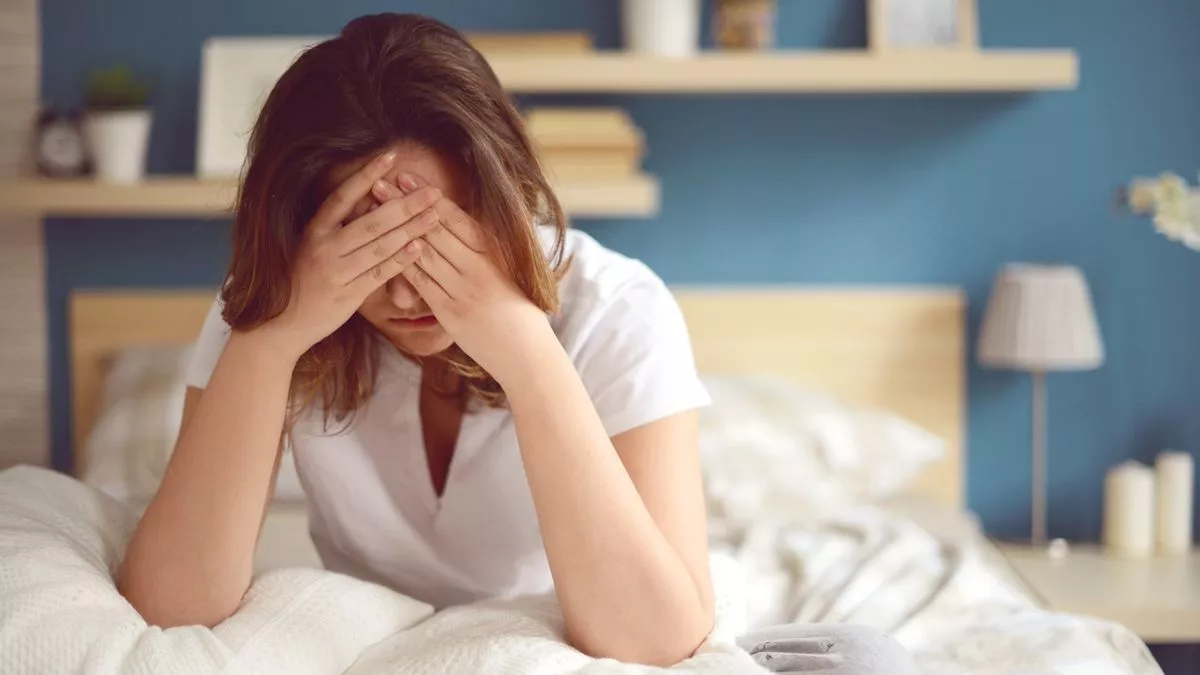Alcohol and anxiety are two entities that often intersect in the lives of many individuals, forming a complex and intertwined relationship. While alcohol may initially provide temporary relief from feelings of anxiety or stress, its long-term effects can exacerbate and even contribute to the development of anxiety disorders. In this article, we’ll delve into the multifaceted connection between alcohol and anxiety, exploring the ways in which they interact and impact one another.
The Immediate Effects of Alcohol on Anxiety
For some individuals, consuming alcohol can temporarily alleviate feelings of anxiety or tension, leading to a sense of relaxation and euphoria. This is because alcohol acts as a central nervous system depressant, slowing down brain activity and inhibiting the release of certain neurotransmitters associated with stress and anxiety, such as norepinephrine and dopamine. As a result, individuals may experience a temporary reduction in feelings of worry or apprehension while under the influence of alcohol.
However, this sense of relief is often short-lived and accompanied by a range of potential negative consequences. As the effects of alcohol wear off, individuals may experience a rebound effect, where the brain overcompensates for the temporary suppression of neurotransmitter activity, leading to heightened feelings of anxiety and dysphoria. This phenomenon, commonly referred to as “hangxiety,” can exacerbate existing anxiety symptoms and contribute to a cycle of alcohol use as a means of self-medication.
The Long-Term Impact of Alcohol on Anxiety
While alcohol may provide temporary relief from anxiety symptoms in the short term, its chronic use can have detrimental effects on mental health and exacerbate underlying anxiety disorders. Regular or excessive alcohol consumption can disrupt the balance of neurotransmitters in the brain, leading to long-term changes in mood regulation and cognitive function.
Moreover, alcohol use disorder (AUD), characterized by an inability to control or limit alcohol intake despite negative consequences, is closely linked to anxiety disorders. Individuals with AUD are more likely to experience co-occurring anxiety disorders, such as generalized anxiety disorder (GAD), social anxiety disorder, or panic disorder. This co-occurrence often results in a vicious cycle, where alcohol use exacerbates anxiety symptoms, leading to increased alcohol consumption as a means of coping with distress.
Coping Strategies and Treatment Approaches
Recognizing the interplay between alcohol and anxiety is crucial for developing effective coping strategies and treatment approaches. For individuals struggling with both alcohol use and anxiety disorders, integrated treatment approaches that address both conditions concurrently are often recommended. This may include therapy modalities such as cognitive-behavioral therapy (CBT), which can help individuals identify and challenge maladaptive thought patterns and behaviors associated with both alcohol use and anxiety.
Additionally, lifestyle modifications such as stress management techniques, regular exercise, and healthy coping mechanisms can play a significant role in reducing anxiety symptoms and promoting overall well-being. Seeking support from friends, family members, or a mental health professional can also provide valuable resources and guidance on the journey toward recovery.
The relationship between alcohol and anxiety is complex and multifaceted, with both immediate and long-term implications for mental health and well-being. While alcohol may provide temporary relief from anxiety symptoms for some individuals, its chronic use can exacerbate underlying anxiety disorders and contribute to a cycle of dependence and distress. By recognizing the interconnectedness of alcohol and anxiety and seeking appropriate support and treatment, individuals can take steps toward breaking free from this harmful cycle and achieving greater mental and emotional balance.

